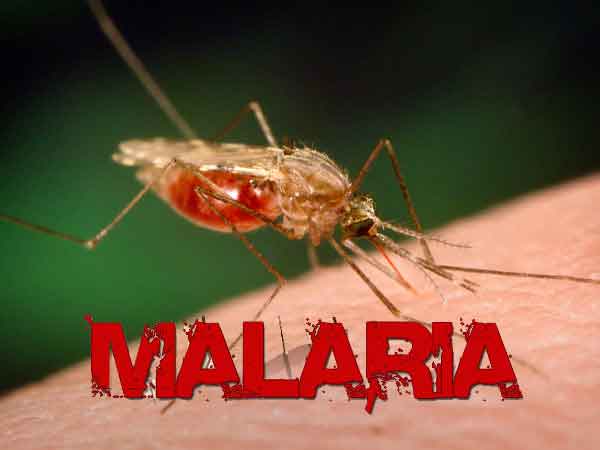On World Mosquito Day, Target Malaria, a not-for-profit research consortium, has called for more investment in technology, talent and partnerships to defeat malaria, a disease that kills over half a million Africans every year, mostly children.
The group, which is developing what it called gene drive technology to reduce malaria-transmitting mosquitoes, said in a statement that Africa must combine innovation with trust and capacity-building to end the scourge.
The Stakeholder Engagement Lead for Target Malaria Burkina Faso at the Health Sciences Research Institute, Dr Léa Paré Toé, said, “Every child lost to malaria is a failure of imagination and investment.”
On World Mosquito Day, he said the group is asking the world to invest not just in technology, but in the people and partnerships that will make it work.
She explained that the consortium’s research was anchored on trust with communities in Burkina Faso and Uganda, where residents were consulted and empowered.
“You can’t introduce scientific innovation without first investing in the trust of communities and the people who will carry this work forward. Our partnerships with local communities are foundational to our research – they are co-creators of this work, not just beneficiaries,” she said.
To improve understanding of the science, the doctor stated that Target Malaria has introduced interactive theatre, radio programmes and visual presentations.
“This model of engagement is now seen as a blueprint for responsible research across the continent,” she explained.
The group is also backing the training of young African scientists to lead the fight against vector-borne diseases. Researchers at the Health Sciences Research Institute supervise master’s and PhD students, while the African Centre of Excellence for Biotechnological Innovations for the Elimination of Vector-Borne Diseases, led by Prof. Abdoulaye Diabaté in partnership with Nazi Boni University, provides hands-on training.
Diabaté said the initiative was strengthening African-led solutions to Africa’s health challenges.
“Our goal is to equip a new generation of high-performing scientists to adapt emerging technologies to Africa’s development priorities. Malaria won’t be solved alone; we need collective efforts to beat the disease. But, because malaria is an African problem, we’re building African scientific leadership, so the next breakthrough doesn’t just happen in Africa – it’s led by Africa.”
It was emphasised that Target Malaria is working in Africa to develop genetic technologies such as gene drive to reduce the population of malaria-transmitting mosquitoes.
With mounting pressures and challenges from climate change, insecticide resistance, and fragile health systems on the continent, governments and funders are urged to see genetic tools not as replacements, but as complementary innovations that can work alongside existing malaria interventions.
On how gene drive technology works, the statement explained that “a genetic trait is introduced into the targeted Anopheles mosquito, one of the main carriers of the malaria parasite. This gene is passed down to offspring at a higher-than-normal rate, gradually reducing the population’s ability to reproduce. Over time, the mosquito population declines – potentially enough to interrupt malaria transmission altogether.
“This technology is not designed to eradicate all mosquitoes – nor could it. Of more than 3,500 known mosquito species, only about 30 are a public health concern. Of those, just three or four are responsible for most malaria transmission in Africa. Target Malaria’s research is based on these.
“Our goal is to equip a new generation of high-performing scientists to adapt emerging technologies to Africa’s development priorities,” Paré Toé said.















